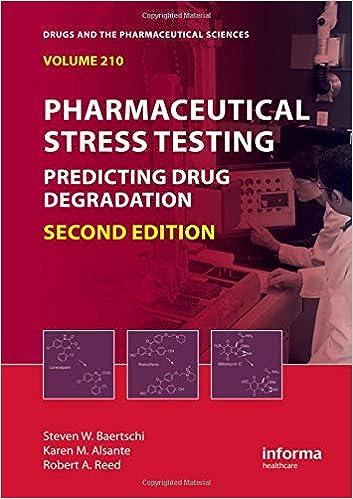Stability testing of novel drug products presents unique challenges and opportunities due to their complex formulations, innovative delivery systems, and evolving regulatory expectations. Addressing these challenges while capitalizing on the opportunities is essential for ensuring the quality, safety, and efficacy of novel medicines.
Challenges
Several challenges are associated with stability testing of novel drug products:
- Complex Formulations: Novel drug products often have complex formulations, including biologics, nanoparticles, liposomes, and controlled-release formulations, which may present challenges in stability testing due to their physical, chemical, and biological properties.
- Unconventional Delivery Systems: Innovative delivery systems, such as implants, microneedles, inhalers, and transdermal patches, require specialized stability testing
Opportunities
Despite the challenges, stability testing of novel drug products offers several opportunities:
- Innovation: Novel drug products present opportunities for innovation in stability testing methodologies, analytical techniques, and predictive modeling approaches to address the unique characteristics and challenges of these products.
- Advanced Technologies: Adoption of advanced technologies, such as mass spectrometry, nuclear magnetic resonance (NMR) spectroscopy, and computational modeling, enables more comprehensive characterization and analysis of novel drug products, facilitating stability testing and formulation optimization.
- Regulatory Engagement: Engaging proactively with regulatory agencies and stakeholders to discuss stability testing strategies, risk assessments, and data requirements for novel drug products can facilitate alignment, transparency, and expedited regulatory review and approval.
- Collaboration: Collaboration among pharmaceutical companies, academic researchers, contract research organizations (CROs), and regulatory authorities fosters knowledge sharing, expertise exchange, and best practice development in stability testing of novel drug products.
- Personalized Medicine: Stability testing of novel drug products for personalized medicine applications, such as gene therapies, cell-based therapies, and targeted drug delivery systems, offers opportunities to tailor stability testing protocols and analytical methods to individual patient needs and treatment regimens.
- Market Differentiation: Successful stability testing of novel drug products enhances product differentiation, market competitiveness, and value proposition, positioning them for commercial success and market acceptance.
Conclusion
Stability testing of novel drug products presents both challenges and opportunities for pharmaceutical companies, regulators, and stakeholders. By addressing the challenges through innovation, collaboration, and regulatory engagement, while capitalizing on the opportunities for advanced technologies and market differentiation, stakeholders can ensure the quality, safety, and efficacy of novel medicines and meet the evolving needs of patients and healthcare systems.
